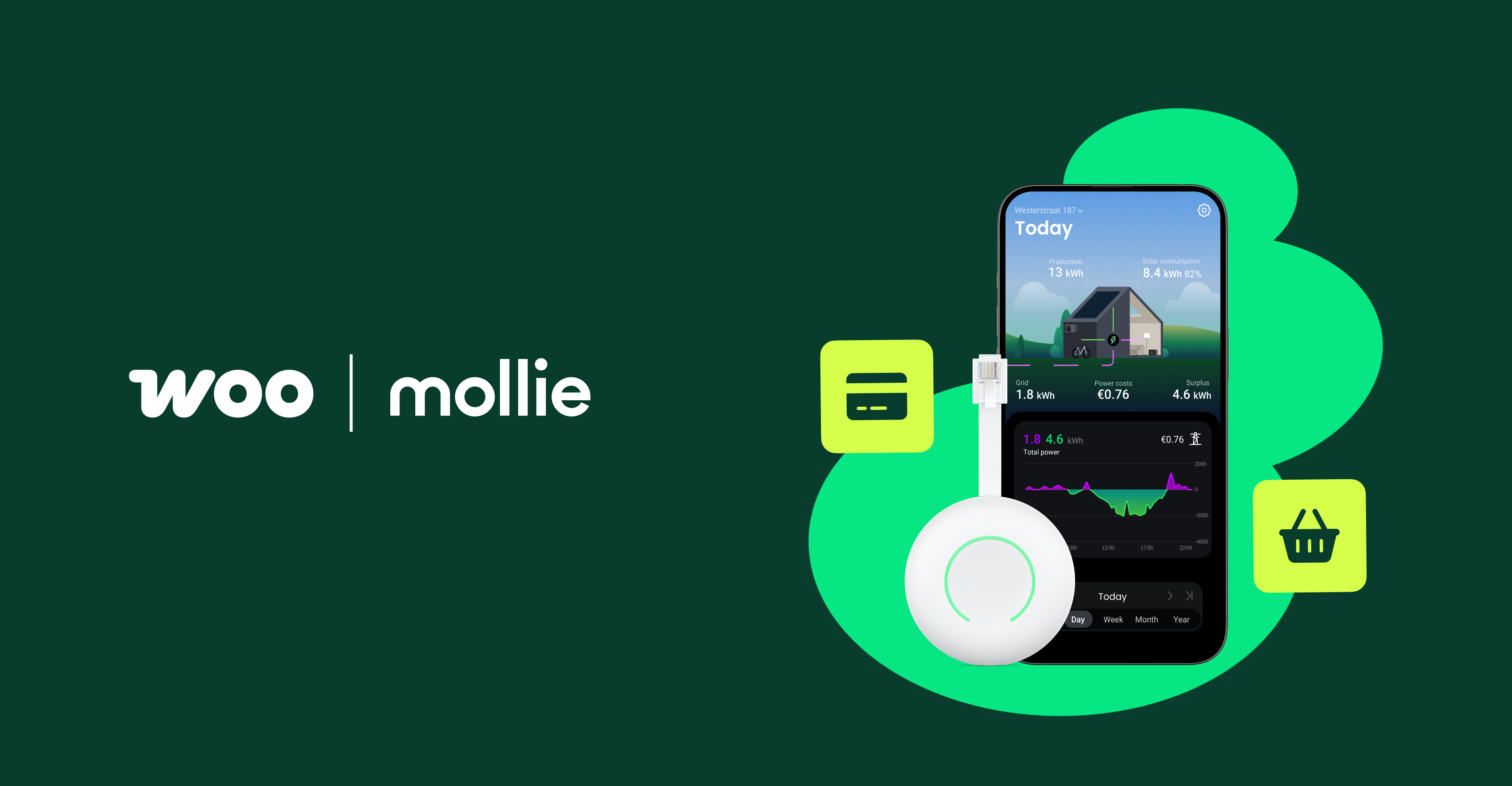Operational efficiency and effective customer-facing processes are top priorities for growing ecommerce businesses. One of the best ways a business can boost these areas is by embracing automation, personalization, and AI.
With these methods, businesses are better equipped to tackle the most pressing challenges like scaling sales without expanding teams. Team growth only complicates matters with higher overheads for salaries, career development, and company perks. If your revenue growth doesn’t parallel the expansion of your team, these costs can quickly stack up and eat into profits.
It also slows you down because there’s more people to manage, which means longer workflows and you may end up running into more inconsistencies. However, AI and automation are built for accuracy and to help scale your business, boosting customer volume and experience without needing more hands on deck.
Plus, in a digital landscape where acquisition costs are rising and third-party data is harder to come by, AI and automation can effortlessly spotlight high lifetime value customers (LTV), so you can spend less time wasting money on generalised, expensive ads and more time targeting people who are more likely to love your brand and keep coming back for more.
At the same time, businesses must balance AI-driven efficiency with a human touch to meet growing expectations for personalized, seamless, cross-channel experiences. The good news? Automation, personalization, and AI make it possible.
Emerging AI opportunities in the ecommerce landscape
↑ Back to topThe ONS reported that in 2024, over 25% of all retail sales were online, meaning that once brands realized the value of automation, personalization, and AI, they increased growth, efficiencies, and depth of customer understanding.
| AI & Agentic AI is projected to help ecommerce grow at a CAGR of 14.8% from 2024 to 2031. | Personalization Personalization has increased average order value (AOV) for 98% of online retailers. | Automation Automation increases conversion rates for 75% of ecommerce businesses. |
Opportunities with AI and agentic AI are rapidly propelling us towards a sci-fi film-like future. Agentic AI does more than just respond, it’s akin to a highly informed sales assistant. Its in-built initiative means it can personalize suggestions, proactively answer product-specific questions, and make autonomous decisions on things like shipping times or return policies.
This reduces reliance on human intervention, creating incredible opportunities to scale without increasing the workforce. AI also better utilizes data analytics with greater access to data insight and autonomous decision-making, which means it’s better at adjusting in real-time to market changes and customer preferences.
Google estimates that only 7% of product searches end in an immediate transaction. This reveals that most shoppers hesitate before buying (or abandon their cart altogether), leaving businesses in the dark about why they’ve deserted their purchase.
Agentic AI can help recapture some of the remaining 93% by answering specific questions like “will this jacket fit someone 6 feet tall?” or “does this ship before Friday?” — additional questions the customer may need to know, which directly address their doubts, making them less likely to delay their purchase.
The top three ways to face industry challenges with automation
↑ Back to topCompanies are already making a shift towards automation, personalization, and AI. It’s all well and good having the correct tools, but the real impact comes from knowing how to realize their true value.
1. Intelligently use customer data to drive growth and LTV
Studies show that personalized emails have 2.5 higher click-through rates and are six times more likely to drive a conversion. Plus, customers desire personalization with 73% saying they’d prefer to shop with brands who personalize their communications and customer experience.
Embracing more intelligent automation creates real-time personalization and more engaging experiences, making customers more willing to share data, which can be used to further improve your targeting, loyalty, and sales.
The only problem is that 74% of ecommerce brands struggle to scale value with AI because their data is either inefficiently structured or poor in quality, meaning the data is simply not good enough to create advantageous insights.
2. Improve use of budgets, resources, time, and marketing efforts
The challenges of today’s market place put high demands on every business. Expectations for personalization, increased customer acquisition costs, and constantly distracted audiences raise the stakes for timely and relevant marketing. AI and automation can help businesses face these challenges head-on without straining their resources.
Manual, time-intensive activities such as populating product listings and compiling reports will become a thing of the past (for humans at least) with automation taking on basic tasks to free up employees for more strategic work.
AI also makes way for superior insights and data, which can inform personalized interactions and reduce reliance on ads, helping brands claw back control over how they attract and retain customers. It can even help customers through the buying process by answering any questions they might have, which keeps them on-site and away from potential distractions.
3. Integrate systems to deliver a seamless customer experience
To get the most from automation and AI tools, systems must work in harmony, speaking the same language to seamlessly share accurate data. Legacy systems, which are old, outdated CRM platforms that some businesses still rely on, create barriers to using AI effectively. Not only do they have limited processing power, which means they can’t handle the volume of data that AI systems process today, they are renowned for data mismatches, outdated security functions, and inferior processing abilities.
However, when companies embrace a more unified approach to support AI, entire systems work more seamlessly giving companies a more competitive edge.
How? By using marketing tools that were built for automation.
How to automate your marketing workflows for revenue growth
↑ Back to topYou might have heard that Klaviyo is Woo’s preferred marketing automation software. We made that distinction for a good reason: Businesses that use WooCommerce and Klaviyo drive up to 46x ROI (meaning for every $1 spent, they generate $46) which shows the incredible perks of using powerful marketing tools.
But what are these tools and how is it done? This is what we recommend:
1. Use real-time insights to build a comprehensive view of your customer segments
By syncing your WooCommerce store data with Klaviyo, you get real-time insights across channels like CRM, web analytics, customer reviews — keeping everything more manageable in one place.
Within the Klaviyo Data Platform, you can create smart segments based on behavioral and preference data. You’ll be able to gain a thorough understanding of your customers, and use that to craft personalized offers and communications that resonate.
2. Personalize your product recommendations to grow sales and loyalty
Klaviyo’s marketing analytics provide a deep and thorough understanding of customers’ buying behaviors and can predict their future purchases. These insights will help your team build timely and relevant product recommendations.
Use the customer lifetime value (CLV) dashboard to identify the most relevant cross-sell and upsell opportunities — and leverage those opportunities to increase average order value and customer loyalty.
3. Be precise with personalization using advanced segmentation and automation
Using predictive analytics, Klaviyo AI can build segments from any piece of data using any source, at any time. Precise customer segments allow businesses to turn generic marketing into relevant and meaningful communications.
With Klaviyo’s automation tools, you can personalize emails, SMS messages, and mobile experiences using pre-built flows, email templates, and universal content blocks.
Stay one step ahead with AI: Integrate your marketing automation platform to drive growth
↑ Back to topIntegrating systems enable smarter and faster decision-making, which boosts growth and revenue while conserving budgets, resources, and time.
But most importantly, you’re putting the customer first. In-depth insights will help you create seamless experiences and personalized recommendations that resonate — and convert.
Plus, with benchmarking tools, you can even cross check your position in the market against your peers to see where you underperform, and learn from top performers to set realistic targets based on what similar businesses are achieving.
Stay ahead of your competitors by turning customer insight into a strategic advantage. With WooCommerce and Klaviyo, you can save time and reduce guesswork using predictive analytics to anticipate what your customers need before they ask.
About






